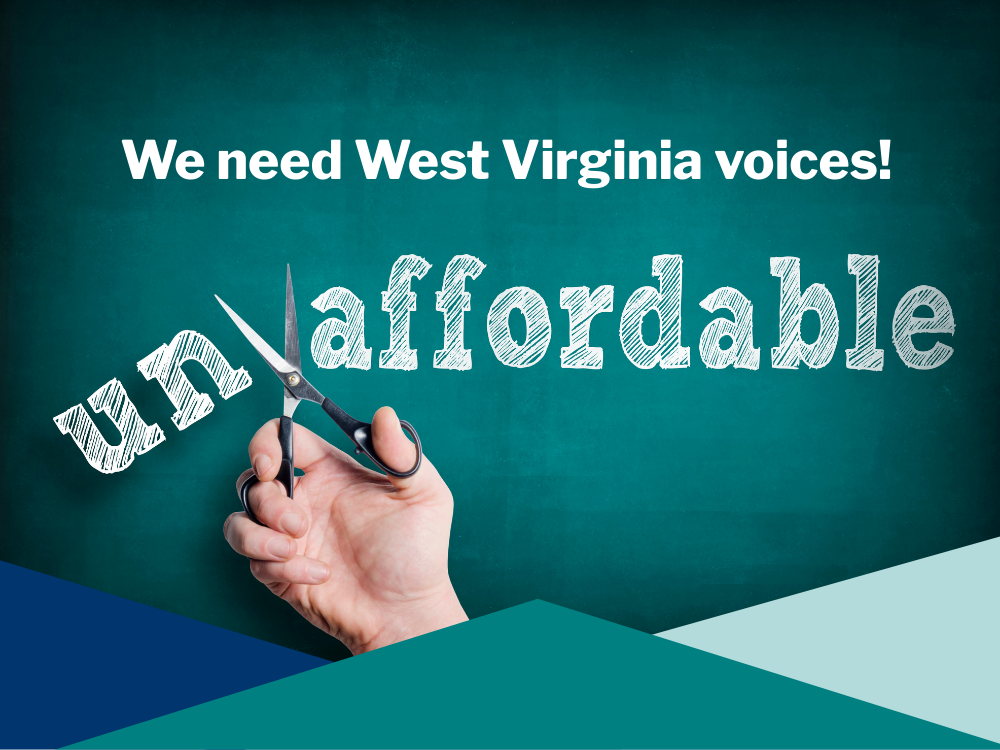- Like
- Digg
- Del
- Tumblr
- VKontakte
- Buffer
- Love This
- Odnoklassniki
- Meneame
- Blogger
- Amazon
- Yahoo Mail
- Gmail
- AOL
- Newsvine
- HackerNews
- Evernote
- MySpace
- Mail.ru
- Viadeo
- Line
- Comments
- Yummly
- SMS
- Viber
- Telegram
- Subscribe
- Skype
- Facebook Messenger
- Kakao
- LiveJournal
- Yammer
- Edgar
- Fintel
- Mix
- Instapaper
- Copy Link
On Thursday, the Senate passed two measures that could dramatically reshape the judicial system in West Virginia.
The first is a proposal (SB 341) that would establish an intermediate court of appeals between the level of circuit court and the state Supreme Court to hear civil appeals, appeals of workers’ compensation claims, abuse and neglect cases and some other administrative appeals. Cost has been central to the debate around the creation of this new court, and whether its a good use of money at a time when the Legislature is struggling to find money to provide teachers and state employees with raises, fix PEIA, fund programs that help address the opioid crisis, among other seemingly more pressing needs. The Supreme Court has estimated the new court will cost $11 million the first year and $9 million in subsequent years. Legislative estimates are considerably lower, but anticipate the court would cost at least $2.5 million annually.
The argument was also made that the judiciary’s current case load doesn’t justify the creation of a new court. During the floor debate, Senator Mike Romano (D-Harrison) challenged claims by supporters that the Supreme Court is “clogged” and cited court data showing the Court’s annual caseload has dropped from about 3,600 cases in 1999 to 1,350 in 2014. Romano argued that the intermediate court would only drag out cases that would end up in the Supreme Court anyway, to the advantage of parties with greater financial resources.
Although much of the debate on the floor focused on cost and need, earlier debate in the Judiciary Committee also centered around how the judges on the new court would be selected. As it currently stands, they will be appointed by the governor, with the advice and consent of the Senate, from a list of nominees recommended by the Judicial Vacancy Advisory Commission ― although our current Supreme Court justices and other members of the judiciary are elected to their various terms by a vote of the people.
Which raises the question: Is it time to have a more robust discussion and revisit the our primary method of judicial selection in West Virginia? With special interest money flooding state Supreme Court elections here and around the country, and the real and apparent threats this poses to the fair administration of justice, what reforms are needed to insulate the courts from the corrosive effects of money in politics?
The other measure passed by the Senate (SJR 3) is a proposed Judicial Budget Amendment, which would amend the state constitution to give the Legislature oversight of the judiciary’s budget. This is in response to a recent spending scandal involving extravagant renovations to the private chambers of the Supreme Court justices.
As currently proposed the amendment includes a “Kansas clause” intended to address concerns about retaliation by the Legislature against the judiciary if the Court rules against the Legislature in a case. In Kansas, the State Supreme Court ruled against the Legislature in an education funding case and the Courts budget was nullified.
The proposed constitutional amendment amendment says the “the Legislature may not make any law that conditions the increase or decrease of the Judiciary upon a particular ruling, order, or decision of a court of this state.” This sounds good but in practice we don’t know how it would be enforced or challenged. Kansas was an extreme example where the Legislature literally linked the budget to a law being challenged. Despite the well intentioned “Kansas clause,” the West Virginia Legislature could retaliate with budget cuts without overtly making that connection.
We’ll be keeping a close eye on these proposals as they move to the House, so stay tuned.



